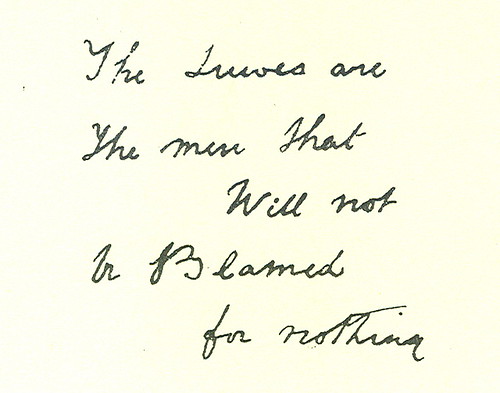Originally posted by ChrisGeorge
View Post
And I know I am way overthinking it, but if you've never had to grade papers on Shakespeare, you have no idea how many ways people alter word order to suit their inner poet.
Which is why a photo really wouldn't have killed a guy.


Leave a comment: